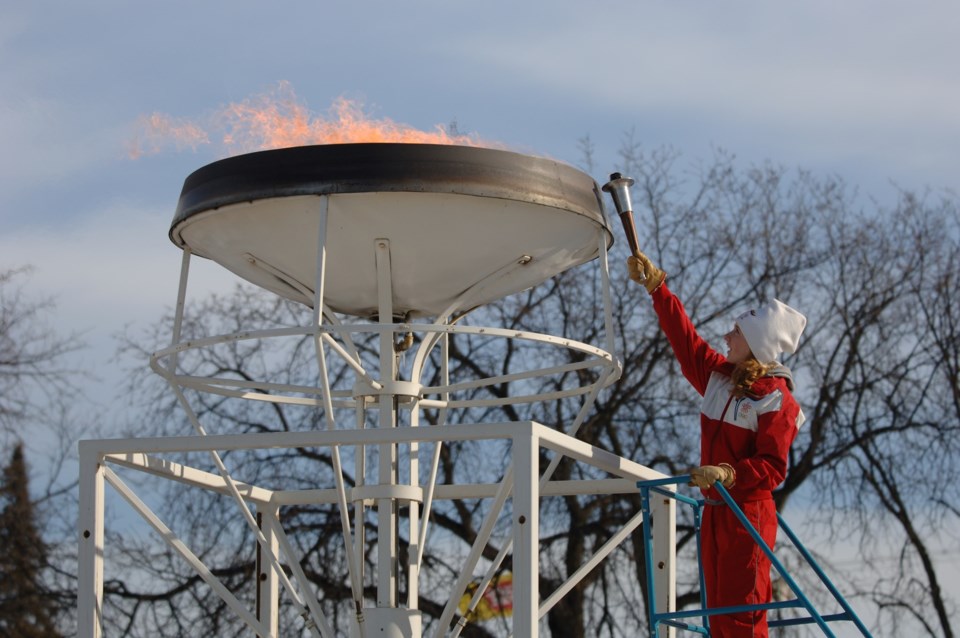One of my fondest memories from my career as a reporter and an editor in Estevan will be the 2016 Saskatchewan Summer Games here in the Energy City.
It was a triumph for our community. It brought us together, it showcased our people and our facilities, and it brought talented athletes, along with coaches, support staff, families and other supporters, to our community.
Saskatchewan kids typically get one chance to compete at the Games, so they want to make it count.
Prior to the 2016 Games, I had an understanding of what a great event the Saskatchewan Summer and Winter Games are. Now I have so much more awareness of what the event means, not just for the coaches and athletes, but for everyone involved.
So when the 2020 Summer Games in Lloydminster were pushed back a year, and later cancelled, it was tough to see. And now we know that the 2022 Winter Games in Regina won’t happen next month, although they might still be held at a later date.
The announcement for the Winter Games was particularly tough, because it’s just weeks away. Many athletes had already been selected. So many people put in so much work and effort, and those efforts were for naught.
I don’t fault the Saskatchewan Games Council for pulling the plug. You have a new variant of COVID-19 that is highly contagious and resulting in a record number of cases. The hospitalization rate isn’t as high as the initial COVID virus or previous variants, but it’s easier to spread. In essence, the protocols that were put in place just months ago are now moot.
We hope that by the time mid-February rolls around, the Omicron variant is losing steam. But that’s not a guarantee. And there were plenty of risks associated with hosting an event like the Winter Games, with the competitions that will be happening and the close contact that occurs among the athletes.
So organizers had little choice but to shelve plans to host the games next month.
It’s become a common refrain over the past 22 months. Events aren’t happening. Some of them are smaller events, others are large-scale competitions like a Summer Games or a Winter Games, or big fundraisers for organizations that rely on the money.
For those organizing anything, making plans is difficult. They put in the time to make something happen, and suddenly the plans get scuttled because of an outbreak, or because the government introduces restrictions. If you proceed and pull it off, then there’s the risk of the gathering being the source of an outbreak that will make people sick.
If you do decide to postpone or cancel the event, you’re invariably going to face some form of backlash from people who think you’re overreacting. Still, caution is better than being reckless.
The Estevan Bruins have had to postpone a couple of games for later this week because players and staff have been diagnosed with COVID-19. Other teams have also had to reschedule games.
We’re likely going to see a lot of announcements in the next few weeks about games, events and activities being pushed back because of people being diagnosed with COVID, or because they’re close contacts.
Some are calling for more restrictions from the provincial government to slow the spread of Omicron. They want to see caps on gathering sizes for private and public events. Others want to see “circuit breakers,” which are just another term for lockdowns, with classrooms going online and retail businesses shut down.
Others would rather see absolutely no restrictions at all, including masks.
This is the tightrope that the provincial government has to walk.
All I’ll say is they need to be smart, especially right now, and they can’t afford to be reactive, because we won’t have other provinces to bail us out like we did last fall, when we were hit hard by a wave of cases.
The need to be smart extends beyond government. We all need to think through the situation, and evaluate the difference between that which we need to do, that which we want to do, and that which we don’t need to do at all.
And if something gets postponed or cancelled, don’t overreact. You might not like that an event may not proceed. But for those who organized it, or are genuinely affected by it, the decision to delay their plans is much worse.








